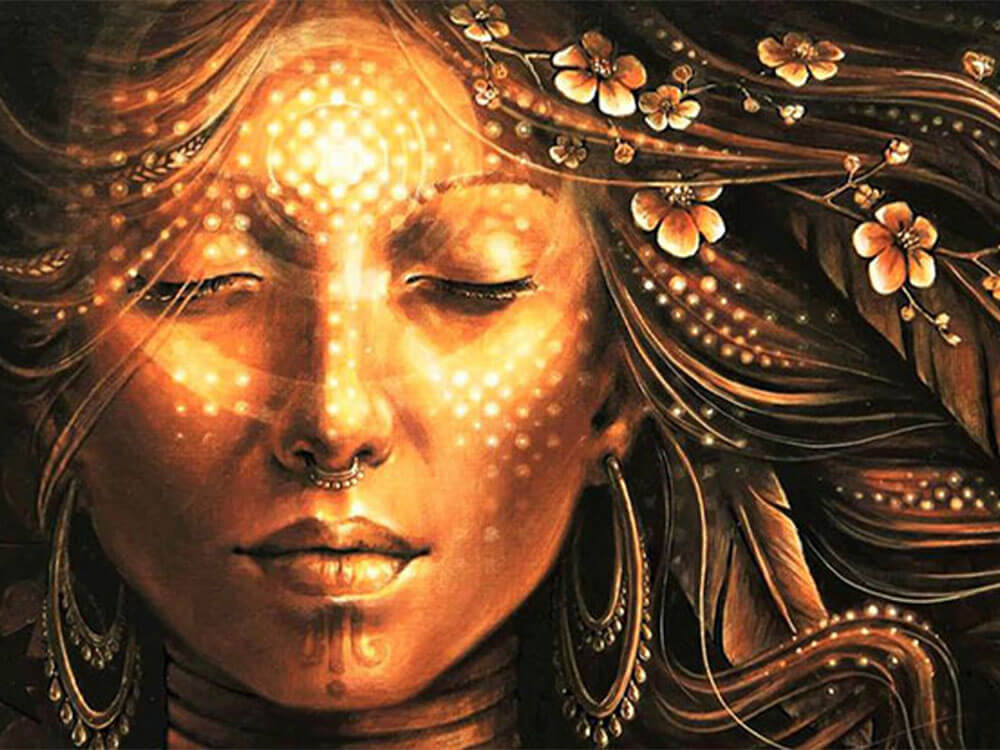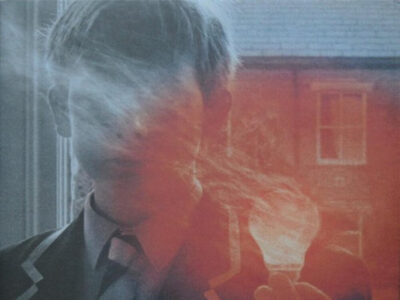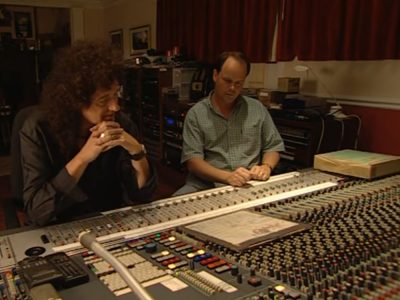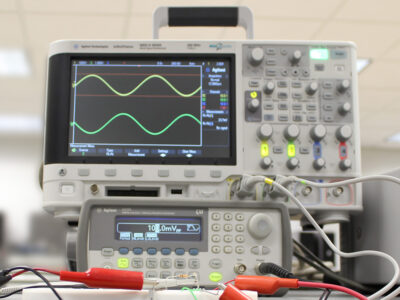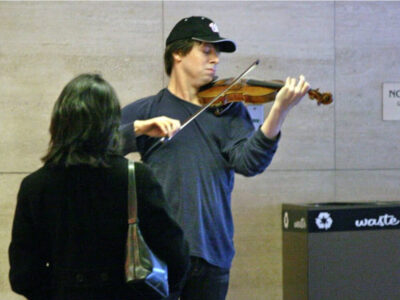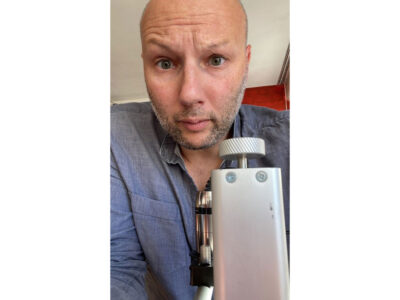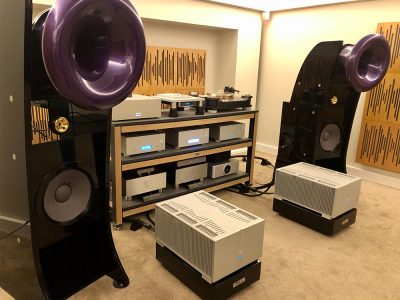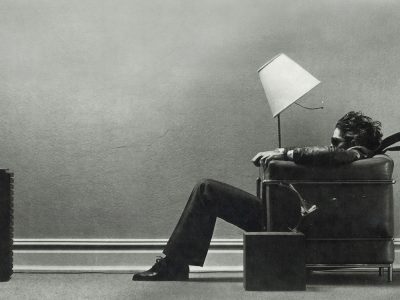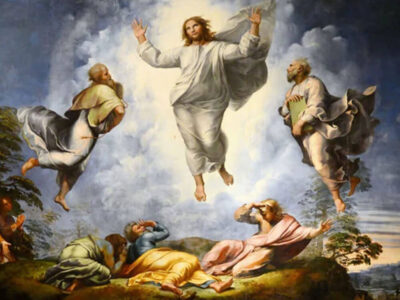A journey into the divine muse
John Mellencamp was once being interviewed by an enthusiastic young music journalist about his famous hit song ‘Jack and Diane’.
At one point she asked him “John, did you intend to symbolise the experiences of typical teenagers growing up in the American conservative heartland, dealing with psychological emerging identity angst, sexual and socio-political tension against the juxtaposition of a rapidly changing world?”
He gave her a look of discomfort and said “I don’t know… I just wrote the song.”
I laughed but remembered that moment because it sparked within me an interesting question. When a song writer is inspired to write, where does the inspiration come from? Is it purely from the confines of that individual’s mind and sum of life experiences or is the artist simply acting as a conduit for a greater divine inspiration, energy or collective consciousness that is merely being expressed through that person in that moment?
The act of songwriting has long been shrouded in mystique and wonder. It is a creative endeavour that gives birth to melodies and lyrics that touch the very soul of humanity. While some may contend that songwriters are the sole creators of their compositions, a compelling argument can be made that they often serve as channels for inspiration from a spiritual source.
The enigma of creativity
Creativity, in its many forms, has intrigued and fascinated humanity for millennia. It is a force that seems to arise from the depths of the human psyche, often beyond the realm of conscious thought. Songwriting, being a deeply personal and emotional art form, naturally invites questions about the origins of creativity and inspiration.
Throughout history, creative individuals have often described their works as if they were bestowed upon them by some external force. From the ancient Greeks attributing artistic inspiration to the Muses to contemporary artists invoking the idea of the “divine spark,” the notion of creativity being connected to a higher source has persisted across cultures and eras.
The spiritual essence of music
It can be said that music, with its profound ability to stir emotions and elevate the human spirit, has a spiritual dimension and it is within this spiritual context that songwriters often find themselves immersed. The act of creating music, particularly when it resonates deeply with the human soul, can be seen as a form of spiritual expression. Many cultures throughout history have used music as a means of connecting with the divine. From Gregorian chants in Christianity to Sufi whirling dances in Islam, music has been a conduit for spiritual experiences. However beyond the connection to a religious tradition, I believe that the divine connection may also be to the higher self.
The subconscious and the collective unconscious
One argument for songwriters as conduits of spiritual inspiration lies in the realm of the subconscious and the collective unconscious, concepts popularised by psychologists like Carl Jung. The subconscious mind is a vast reservoir of experiences, emotions, and memories, much of which lies beyond our conscious awareness. Songwriters often report that their most profound lyrics and melodies seem to emerge spontaneously, as if they are drawing from a deeper well of creativity.
The collective unconscious, according to Jung, is a shared repository of archetypal symbols, themes, and experiences that are common to all of humanity. Songwriters, consciously or unconsciously, often draw from this collective pool of symbols and experiences when crafting their songs. This suggests that their creative process is not entirely a product of conscious effort but is influenced by a broader, collective spiritual consciousness.
Sudden inspiration and flow states
Many songwriters describe moments of sudden inspiration when a song seemingly writes itself. During these moments, they often feel as though they are conduits for the music that flows through them. This phenomenon is not limited to songwriting but is a common experience among artists, writers, and creators across various disciplines.
Psychologist Mihaly Csikszentmihalyi has studied this state of flow, characterised by intense focus, effortless creativity, and a sense of timelessness. He suggests that individuals in a flow state feel as though they are being carried by a current of inspiration.
In a recent interview, Paul McCartney talked about the time when he wrote “Yesterday.” He said that he was fortunate to find the melody while sleeping. He woke up and knew he needed to start writing immediately.
“The great thing about ‘Yesterday’ was it kind of wrote itself. People say to me, ‘Do you believe in mysticism or magic?’ With that story, I kind of have to because I just woke up one morning and I went, ‘What’s that? I like that tune.’ After a couple of weeks of asking various people like John, the guys in the band, George Martin. Everyone said ‘Well, we don’t know. Must be yours.’ And it was very special because you know, I just dreamed it. What a gift!”
Artistic intuition
Artistic intuition, often described as a gut feeling or instinct, plays a significant role in songwriting. Songwriters frequently rely on their intuition to make artistic decisions, from chord progressions to lyrical choices. This intuition is not always explainable through rational thought; it feels as though it comes from a deeper source within.
The renowned composer Wolfgang Amadeus Mozart famously spoke about the sensation of receiving complete compositions in his mind, as if he were a vessel for musical ideas. While not all songwriters experience such extreme examples, many can relate to the feeling of being guided by an inner sense of what sounds right and emotionally resonant.
Spiritual and transcendent experiences
Some songwriters have described their creative process as a spiritual or transcendent experience. They feel a profound connection to something greater than themselves when they are in the act of songwriting. This sensation is akin to a form of meditation or prayer, where the songwriter becomes a vessel for higher energies.
Van Morrison once described that for him, writing a great song doesn’t happen when he’s in the mood and focussed on writing. When he feels humbled, like a very small part of an unfathomable universe, the songs flow.
A little ditty ‘bout Jack and Diane…
When John Mellencamp wrote his famous song, he undoubtedly brought his unique perspective, emotions and craftsmanship to his composition. When he was asked about it that day, he wasn’t interested in intellectualising the message. He just wrote the song, did his bit. Can it be argued that he was serving as a conduit for a greater message to come through? Perhaps fuelled by spiritual inspiration?
Songwriters like Leonard Cohen, Bob Dylan, John Lennon, Sting (and many others) in their quest to create music that resonates with the human spirit, often find themselves in a state of flow, guided by artistic intuition, and drawing from the depths of their subconscious and the collective unconscious. We can attribute this source of inspiration to a divine muse, a collective spiritual consciousness, or a higher creative force… but I am sure about one thing – songwriters are not merely creators but channels through which the creative energies of the universe flow, enriching the world with the gift of music that touches the soul and transcends the boundaries of individuality. In acknowledging this, we deepen our appreciation for the profound and transformative power of music in our lives.
Do you think sometimes we place too much reverence on the artist when we should be revering the song above all else?
“If I was weak, forgive me
But I was terrified
You brushed my eyes with angels wings, full of love
The kind that makes devils cry.”
– George Michael

